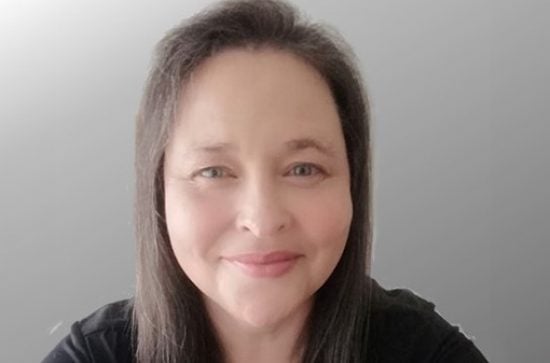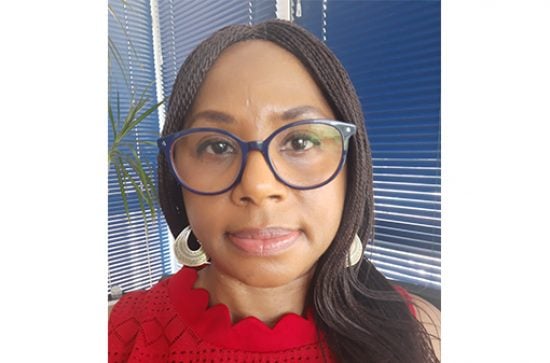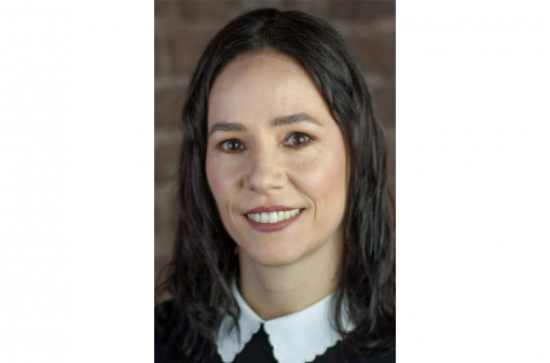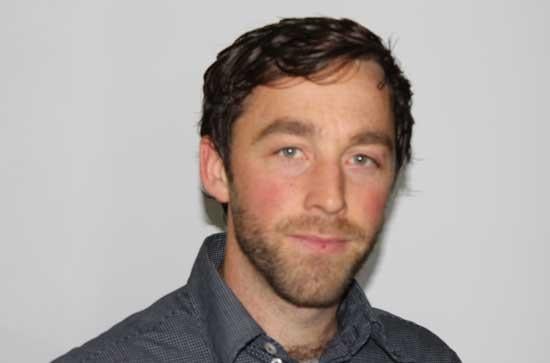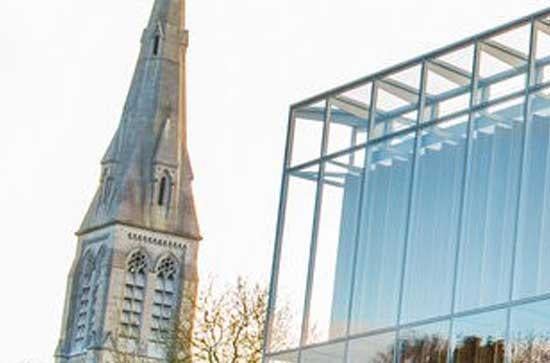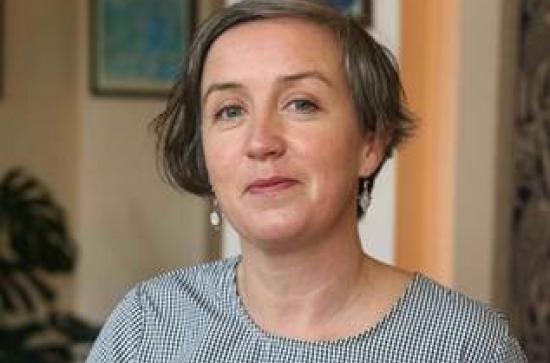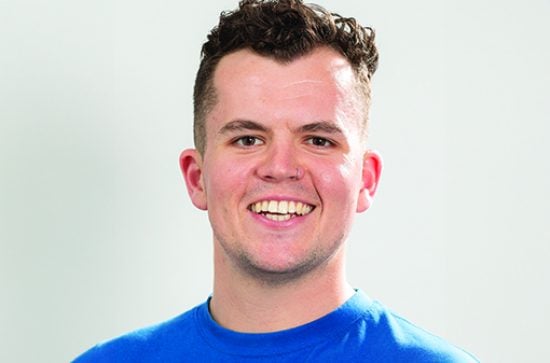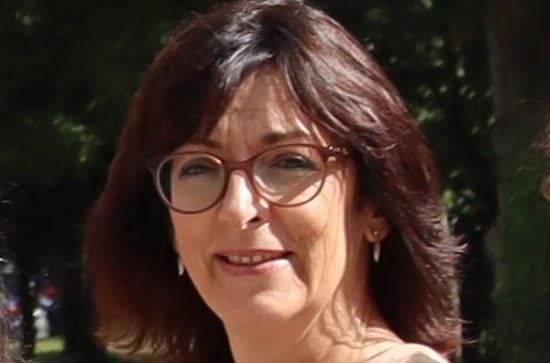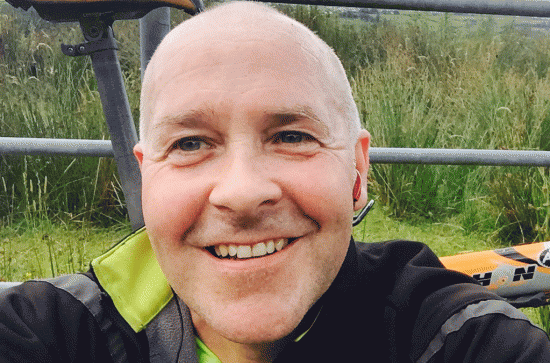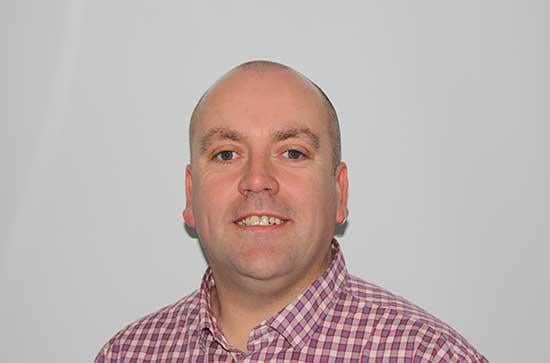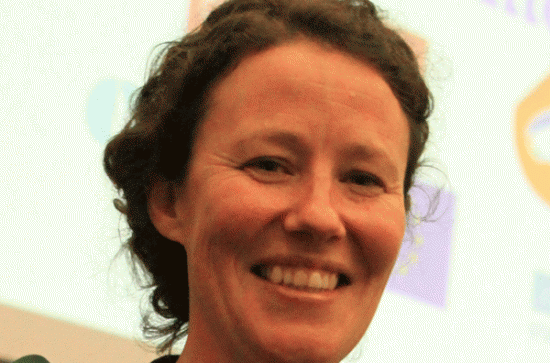Qualification : BACHELOR OF SOCIAL SCIENCE DEGREE
Award Type and NFQ level : UNDERGRADUATE DEGREE (8)
CAO/MU Apply code : MH116
CAO Points : 999
Closing Date : 01 February 2025
Degree Overview (as a restricted-application course, entry to MH116 is not based on CAO points.)
>The BSocSc Community and Youth Work is a professional qualification in community work and youth work, dual endorsed by AIEB and NSETS. This programme combines the full-time Level 8 Degree plus a full-time block fieldwork placement each year.
>Both community work and youth work are concerned with the achievement of social change and the programme integrates class-based learning and immersive practice experience, creating a unique and transformative learning environment.
>A range of topics relating to community and youth work are studied in all three years of the programme.
>Students learn in small groups, with and from others who are committed to making the world a better place. Students are taught by a highly experienced, committed and passionate staff team who challenge and support students to reach their potential as a professionally qualified youth worker and community worker.
>The Department of Applied Social Studies (DAPPSS) is the longest established provider of professional education and training in youth work and community work in the Republic of Ireland.
>This programme is for you if you are passionate about and committed to social and environmental justice and want to work in solidarity with those affected by human rights denial, poverty and inequality.
>Mandatory supervised block fieldwork placements are integral to the programme and provide a solid basis for analysis, practice and readiness for employment in the sector.
Duration: 3 years (full-time)
>The MH116 degree is a level 8 honours degree and professional qualification in Community Work and Youth Work. It combines on-campus study of a range of topics relevant to community and youth work with off-campus full-time block supervised fieldwork practice. Classes run from early September to late May each year with an attendance requirement of 80%.
>Students are required to complete 520 hours of full-time block supervised fieldwork in each year of the degree. This will involve evening and weekend work. All students complete fieldwork practice in both community work and youth work.
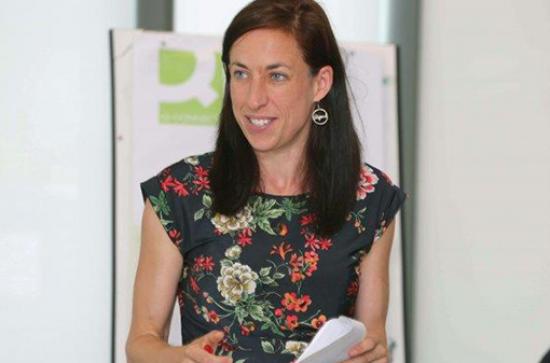
Academic
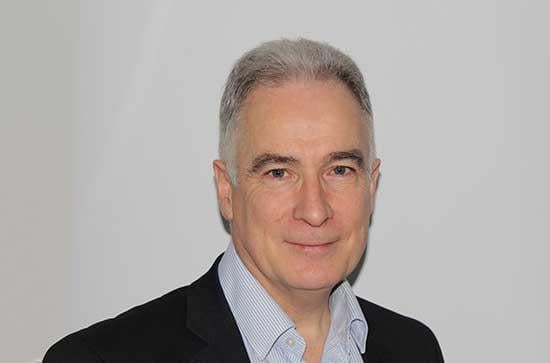
Academic
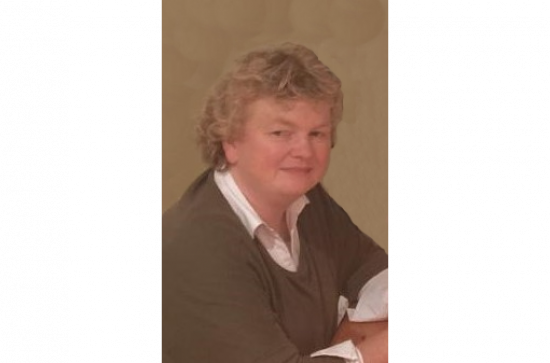
Academic
| Subject | Required | Ordinary Level Grade | Higher Level Grade |
|---|---|---|---|
| Irish | Yes | O6 | H7 |
| English | Yes | O6 | H7 |
| Language | Yes | O6 | H7 |
| Math | No | N/A | N/A |
| Science | No | N/A | N/A |
International & EU/EFTA Entry Requirements
Mature Students
Mature Applicants
Mature applicants are assessed separately to school-leavers. Mature applicants are 23 years or older by 1st January in the year of entry to the University. For part-time/flexible degrees the mature age is 21. Mature applicants must be at least 23 years old by 1st January 2024. Restricted application* course apply to the CAO by February 1st.
Mature applicants who have a disability
If you have a disability or specific learning difficulty (e.g. dyslexia), and require support for any required written exercise/interview/ online video audition which may form part of your application assessment, you must complete an online request form and submit supporting documentation by 15 March 2025. Applications for alternative examination accommodation cannot be considered after this deadline.
Application procedure for all applicants to MH116
As a *restricted-application course, entry to MH116 BSocSc Community and Youth Work is not based on CAO points. The application process is designed to assess the applicants' potential to develop as professional practitioners. All applicants are invited to Maynooth University to complete a personal statement and written exercise.
Shortlisted applicants will be invited to Maynooth University for an individual and group interview in April 2025. Interviewees should bring one work / volunteer or study related reference.
Note 1: 50% of places are reserved for appropriately experienced mature students.
Note 2: Any offer of a place on this programme is subject to a satisfactory background check by the National Vetting Bureau.
If you have a disability or specific learning difficulty (e.g. dyslexia), and require support for any required written exercise/interview/ online video audition which may form part of your application assessment, you must complete an online request form and submit supporting documentation by 15 March 2025. Applications for alternative examination accommodation cannot be considered after this deadline.
Please contact the Department of Applied Social Studies for further information. Contact link below.
01 February 2025
Additional Information
Restricted application* course apply to the CAO by February 1st.
Leaving Certificate applicants are required to present (as a minimum): 2H5 & 4O6/H7 and O6/H7 in Irish, English, 3rd language. Any offer of a place on this programme is subject to a satisfactory background check by the National Vetting Bureau.
Application procedure for all applicants to MH116
*As a restricted-application course, entry to MH116 BSocSc Community and Youth Work is not based on CAO points. The application process is designed to assess the applicants' potential to develop as professional practitioners. All applicants are invited to Maynooth University to complete a personal statement and written exercise.
Shortlisted applicants will be invited to Maynooth University for an individual and group interview in April 2025. Interviewees should bring one work / volunteer or study related reference.
Note 1: 50% of places are reserved for appropriately experienced mature students.
Note 2: Any offer of a place on this programme is subject to a satisfactory background check by the National Vetting Bureau.
If you have a disability or specific learning difficulty (e.g. dyslexia), and require support for any required written exercise/interview/ online video audition which may form part of your application assessment, you must complete an online request form and submit supporting documentation by 15 March 2025. Applications for alternative examination accommodation cannot be considered after this deadline.
Please contact the Department of Applied Social Studies for further information. Contact link below.
HEAR and DARE
DARE: The Disability Access Route to Education is a third level alternative admissions scheme for school-leavers whose disabilities have had a negative impact on their second level education.
HEAR: The Higher Education Access Route is a third level admissions scheme for school leavers from socioeconomically disadvantaged backgrounds.
Contact the Access Office for more information about these access routes.
This is a Restricted Application course all applicants must apply to the CAO by February 1st 2025. See ENTRY REQUIREMENTS tab for more information.
Categories of applicant:
- School-leavers (Leaving Certificate students)
- Mature students (23 years or older by 1st January in the year of entry to the University/part-time degrees the mature age is 21)
- EU/EFTA/UK students
- International students (outside the EU)
- QQI (Further Education) students
- Transferring students
- Deferring students


